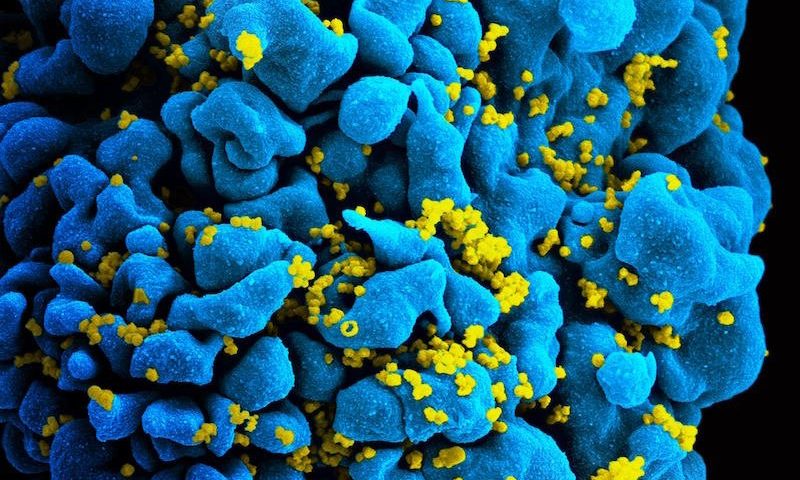As Gilead works with Merck to combine their long-acting HIV drugs, the antiviral giant is hustling its prospect as a single therapy to the FDA. The treatment, lenacapavir, could become a new hope for patients whose infection has evaded current treatments and who have few other options.
Gilead finished the FDA application for lenacapavir, the company said in a statement on Monday afternoon. The submission is based on a phase 2/3 study that tested lenacapavir in combination with antiretroviral drugs versus placebo alongside antiretrovirals.
After about six months of treatment, nearly three-quarters of the patients who received the antiviral saw their viral load drop to undetectable levels, according to interim results presented in March. The company plans to reveal more data at the International AIDS Society Conference on HIV Science next month.
Given every six months as an injection just under the skin, lenacapavir targets the capsid, or protein shell, that protects the genetic material of HIV. It is designed to treat HIV-1 infection by hindering multiple steps in the virus’ life cycle, thereby blocking its replication. The capsid is an attractive target because the RNA that encodes it is fairly stable, so disrupting the shell could attack HIV without running the risk that it will mutate and quickly become resistant to the treatment.
With the FDA submission done, Gilead plans to file lenacapavir for approval in Europe and elsewhere in the coming months, the company said in the statement.
In the meantime, the company is working on long-acting regimens for HIV, combining lenacapavir with Merck’s islatravir and, potentially, with other drugs from each other’s arsenal, as well.
While lenacapavir targets the HIV capsid, Merck’s drug works by blocking an enzyme that plays a role in viral replication called reverse transcriptase. The partners’ first focus is long-acting oral and injectable versions of the drug combination, and they may add other formulations to the deal later on. The companies also have the option to license oral integral inhibitors to combine with lenacapavir and islatravir, respectively. This class of drugs blocks integrase, another enzyme used by retroviruses such as HIV.
The companies aim to start clinical trials for the combination by the end of the year, they said when announcing the collaboration in March. They will share development, commercialization and marketing costs as well as revenues if any treatments are approved.
The standard of care for people with HIV is a daily cocktail of antiretroviral drugs, but they can stop working if the virus develops resistance to these treatments or if patients don’t stick to their drug regimen.
Long-acting treatments with less frequent oral or injectable dosing could be more convenient for patients and help them stick to their treatment. The FDA approved the first such medicine for HIV in January. ViiV Healthcare’s Cavenuva is given once a month and combines the injectable versions of two HIV treatments, ViiV’s cabotegravir and Johnson & Johnson’s rilpivirine. ViiV and J&J market the oral versions of those drugs as Vocabria and Edurant, respectively.

